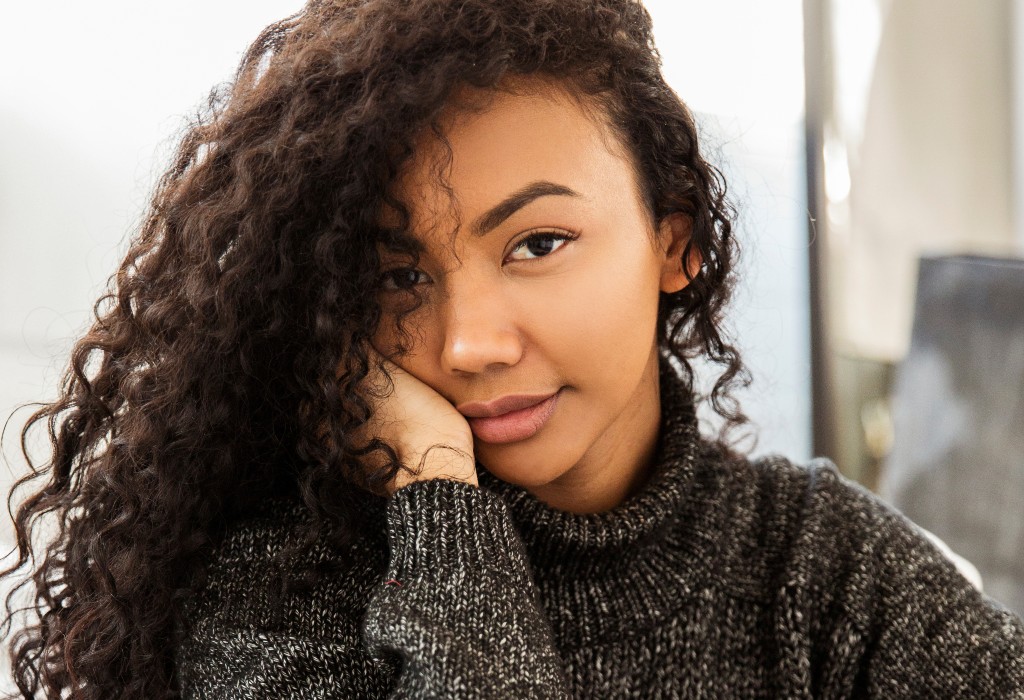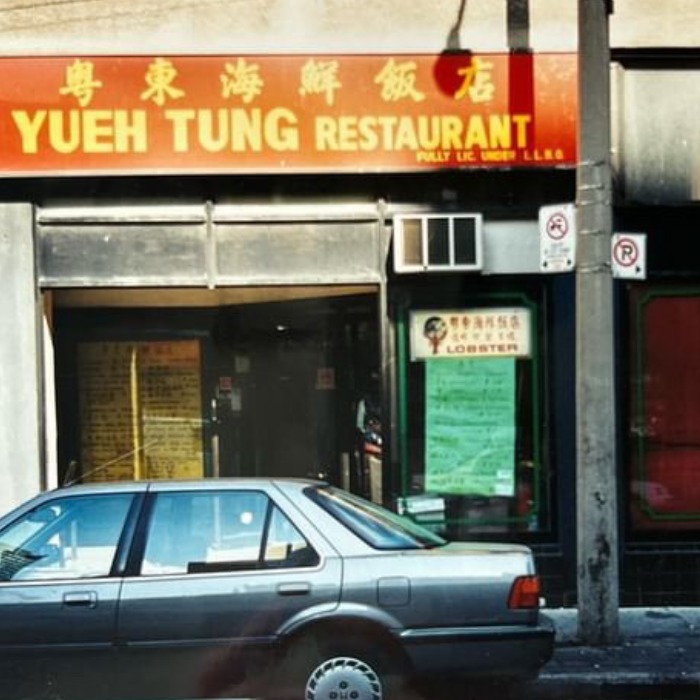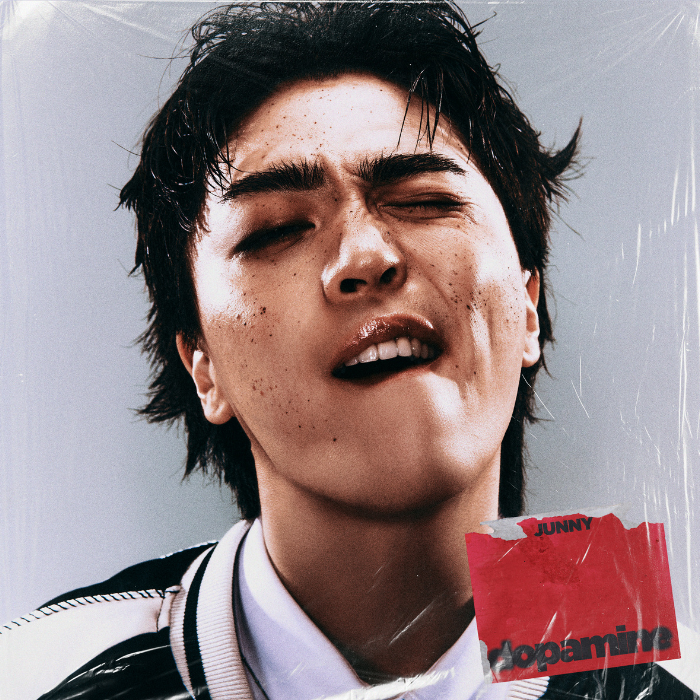Though October marks Filipino-American history month, for Asia Jackson, putting a spotlight on Filipino culture isn’t limited to one month in the year.
As an African-American and Filipino actress (her credits include Superstore and Modern Family) and digital creative, she makes sure to incorporate educational content along with her immaculate and enviable style and skincare inspo on her social media channels.
One of her more recent posts on Instagram is a primer on Filipino martial arts (Kali/Arnis/Eskrima) and how Bruce Lee helped to put it on the map.
View this post on Instagram
“I wanted to kind of make it a point to be proud of being Filipino because I knew a lot of Filipino-Americans who were really ashamed of it,” she said. “I really wanted to share the history of our country and of our people because it’s obviously not something that we learn in American history.”
In October 2016, Asia created #MagandangMorenx, which means “beautiful brown skin” in Tagalog. It stemmed from her experience growing up in the Philippines and being discriminated against based on the colour of her skin.
The hashtag quickly evolved into a global movement that created a much-needed discussion about colourism in the Philippines. Filipinos shared candid stories about learning to celebrate their brown skin in a world where light-skin, Western beauty standards are the norm.
“We really have to expand our definition of what Asian-American is and what it looks like,” said Asia. “You know, there are Asians who look like the Asians in Crazy Rich Asians, but there are also Asians who look like me.”
This year, people can join the conversation on Saturday, October 31st by posting selfies with the hashtag #Magandangmorenx.
Read on to learn about how Asia harnesses social media for her activism and about her thoughts on being a role model for young women of colour.

On when she became conscious of colourism within the Asian community
When I was living in the Philippines when I was 10 years old, I was bullied by classmates and strangers for having darker skin. At the time, I didn’t really understand — there was no word for it. But I knew that I was being bullied for my skin colour. It wasn’t until I was 19 when discussions about colourism started on Tumblr. I was like, “Oh, what’s that?” And I read up on it. It was African-Americans talking about it on Tumblr, like colourism within the African-American community. I remember thinking, “This is what I experienced when I was living in the Philippines.”
On using her platform to educate and encourage discussion about Filipino culture
I had the privilege of living in the Philippines and going back all the time when I was younger. So, I had a really good sense of culture. Then, when I was moving around the U.S. because my dad was in the military, I met a lot of Filipino-Americans who didn’t even know where their parents were from. After I posted all of those stories on my Filipino history Instagram highlights, there were a lot of people from the Philippines who were like, “Oh, I never knew this, like we didn’t learn this in school either.” I just thought it was really cool. To me, when you know about your history, you’re more proud of who you are.
On advice for women of colour who want to get into the entertainment industry
Definitely take advantage of social media. This is a totally new platform that people didn’t have before and it’s giving a lot of people a voice. Now more than ever, there are more women and women of colour that come from working class backgrounds that are given opportunities to move up the ladder, in life in general, because of social media. So, I would say absolutely take advantage of it. There’s so much opportunity on the internet, there’s no reason not to.
On being a role model to girls who look like her
Talking with younger people who follow my stuff is one of my favourite things ever. I remember last year, I went to speak at UC Berkeley. There’s a group called Mixed at Berkeley and I was invited to speak there. During my presentation, I was talking about how I really looked up to Apl.de.ap because he was Black and Filipino from the Black Eyed Peas. There was a girl from Berkeley, who during the Q&A, she took the mic and she was like, “Yeah, so you know how you said you were really inspired by like Apl.de.ap and Kimora Lee Simmons because they’re black and Asian. Well, I just wanted to let you know that that’s who you are for me.” And I was like, Oh my God. I started crying. Dude, it was crazy. I could not believe it.
It’s at times a lot of pressure because there’s pressure to do no wrong. I feel like sometimes I can’t make mistakes, but I’m only human. But overall, I think it’s a really positive experience for me to know that the work that I’m doing online is helping other people.

On how the discussion surrounding colourism has evolved since #MagandangMorenx
I think since I started it, conversations about colourism specifically in Filipino communities have grown a lot. I don’t want to say that it all stemmed from my hashtag, but I think it was more of a parallel development. I think, in general, people started talking more about colourism across the board like across cultures. In Indian communities, I know they had #unfairandlovely. In the Black communities, everyone’s talking about colourism. So, I think it was just the right time to have discussions like this.
On more Asian representation in the entertainment industry
Asia is not so monolithic. There are hundreds of cultures, thousands of languages, hundreds of Indigenous communities, and I think it’s really important for representation for all.
Like this post? Follow The RepresentASIAN Project on Instagram, TikTok and YouTube to keep updated on the latest content.











